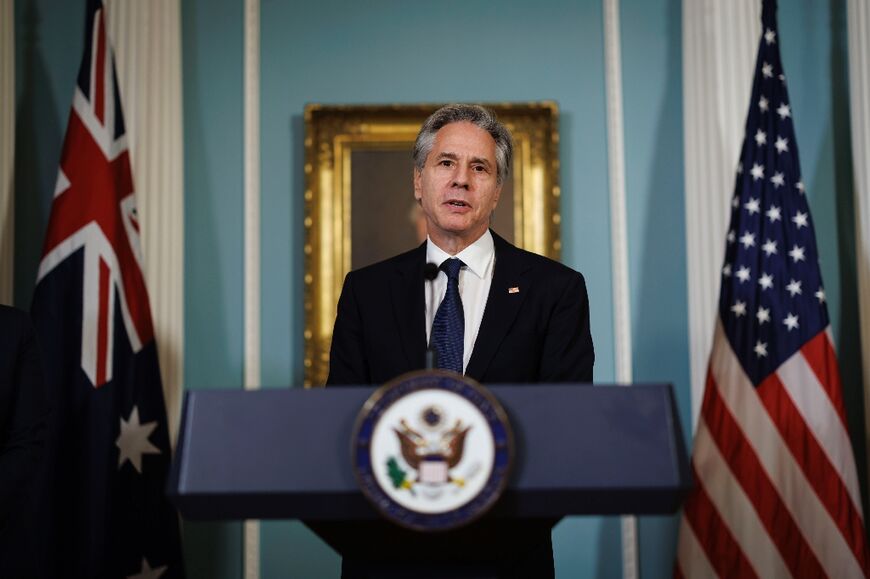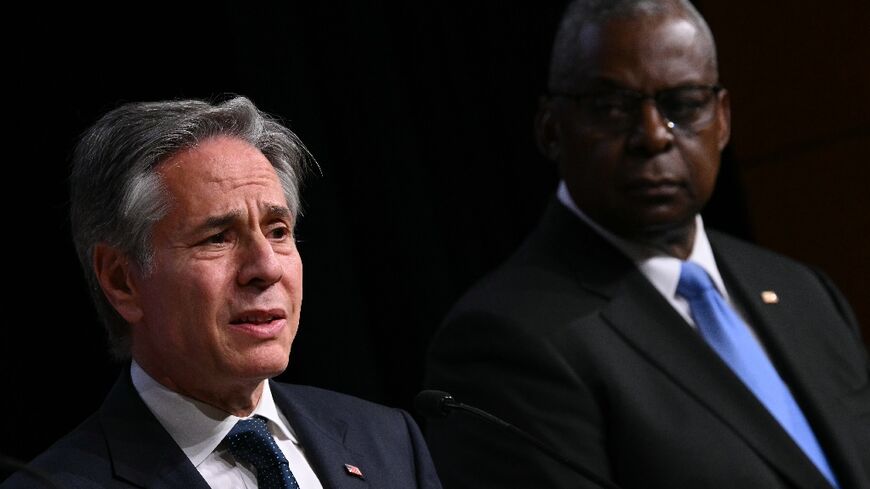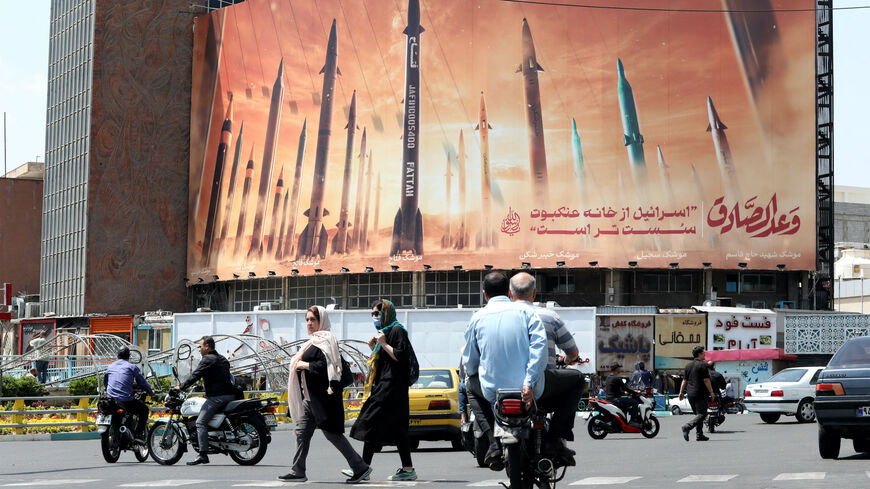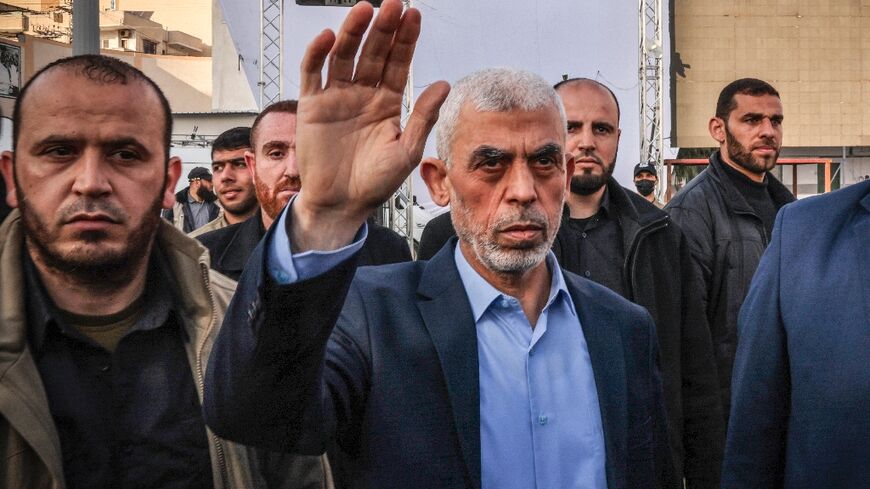US in 'around-the-clock' push against Mideast war
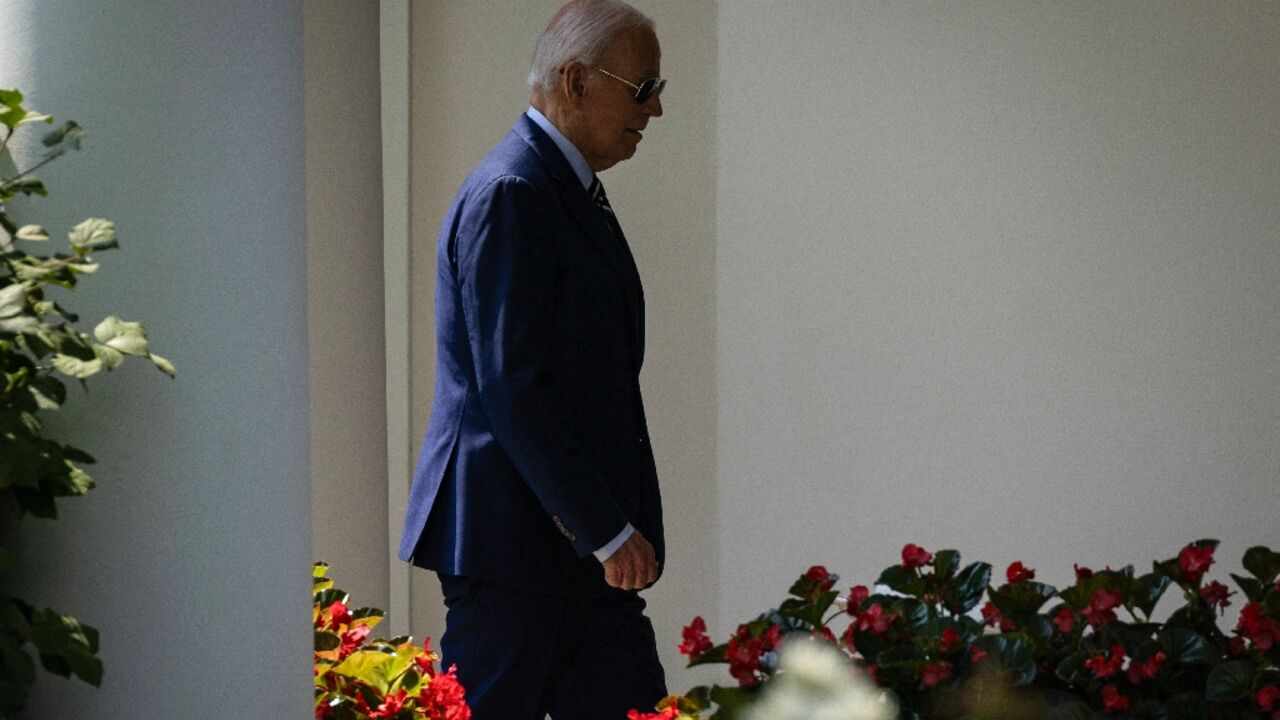
US President Joe Biden held crisis talks on Monday on a potential Iranian counterattack on Israel as his administration said it was working around the clock to avoid all-out war in the Middle East.
Biden and Secretary of State Antony Blinken engaged in frantic diplomacy to try to ease tensions sparked by a suspected Israeli attack that killed Hamas political leader Ismail Haniyeh in Tehran.
The president called King Abdullah II of Jordan, which helped down Iranian drones and missiles in an earlier showdown in April, while Blinken called top officials in Qatar and Egypt, the key intermediaries seeking a ceasefire in the 10-month Israel-Hamas war.
"We are engaged in intense diplomacy, pretty much around the clock, with a very simple message -- all parties must refrain from escalation," Blinken said after joining other top officials in a White House meeting.
"It's also critical that we break this cycle by reaching a ceasefire in Gaza," said Blinken, who has also spoken since Sunday with G7 counterparts and Iraq's prime minister.
On Monday, multiple US personnel were injured in a rocket attack on a base in Iraq, adding to the already heightened regional tensions.
Biden had been hoping in his final months in office to end the Gaza war and work on clinching a landmark deal between Israel and Saudi Arabia.
Instead, he has boosted the US military presence in the Middle East in a show of strength to Iran.
After staunchly backing Israel's war against Hamas, Biden has made clear his frustration with Israeli Prime Minister Benjamin Netanyahu over the killing of Haniyeh, who was involved in the ceasefire negotiations.
Blinken, who has warned that Iran could strike soon, made a new pitch for Biden's ceasefire plan that would freeze fighting in Gaza and return hostages seized in the October 7 mega-attack on Israel by Hamas.
A ceasefire "will unlock possibilities for more enduring calm, not only in Gaza itself, but in other areas where the conflict could spread," Blinken said as he met Australian Foreign Minister Penny Wong.
In a veiled allusion to US frustrations, Blinken said, "What it really comes down to, really, is all parties finding ways to come to an agreement, not look for reasons to delay or to say no."
"It is urgent that all parties make the right choices in the hours and days ahead," he said.
- Fears of spiraling conflict -
Biden met in the White House's heavily secured Situation Room with his national security team including Vice President Kamala Harris.
He flew to the White House after a weekend home in Delaware, and after a kiss for First Lady Jill Biden, he headed straight into the Oval Office without commenting to reporters.
The White House said that Biden and the Jordanian king in their call "discussed their efforts to de-escalate regional tensions, including through an immediate ceasefire and hostage release deal."
King Abdullah called for "an immediate and permanent ceasefire to end the catastrophe in Gaza" and for "ceasing all escalatory measures," according to a readout by the Jordanian royal court.
Iran fired directly at Israel in April, taking their long shadow war into the open following a strike on an Iranian diplomatic building in Syria.
The United States helped intercept the drones and missiles, and damage was minimal.
But Jordan -- in a delicate position with its large Palestinian population and a peace deal with Israel -- has insisted it does not want to be a battleground.
State Department spokesman Matthew Miller said that in April, "we were able to chart a path that ultimately got us through that time without tipping into a wider war."
"But every time you have one of these cycles of escalation, you have a risk of parties miscalculating, you have the risk of them taking actions that get out of hand," Miller told reporters.


